Nobody ever talks about this anymore, but there was a time when Democrats were floating Kamala Harris as a potential Supreme Court pick. Shortly after the death of Antonin Scalia, the Los Angeles Times published an article about how she may be on Barack Obama’s shortlist. Speculation reached a “fever pitch,” they reported. Harris said she was flattered by the consideration, even as she declined the opportunity.
That’s a footnote in American history that’s worth revisiting, now that Election Day is almost here. Imagine the kind of people who would tell us, with a straight face, that Kamala Harris should replace Antonin Scalia on the Supreme Court. On the one hand, you have one of the leading legal minds in all of American history. On the other hand, you have Kamala Harris, who is incapable of telling us anything of substance, except perhaps that she was “raised in a middle-class family.”
It’s the perfect illustration of how brazenly — and for how long — Democrats have attempted to elevate Kamala Harris far beyond her competence, solely on the basis of her gender and ethnicity. Kamala Harris is the embodiment of the diversity, equity and inclusion, or DEI, policies that have taken hold across this country over the past decade.
That’s been true since the beginning of Kamala Harris’s professional life. We’re now learning that Harris was admitted to law school under a DEI-style program called “Legal Education Opportunity Program.” It was intended for students “who have experienced major life hurdles, such as educational disadvantage, economic hardship or disability.” On paper, this is a class-based affirmative action program. But attorney Laura Powell has uncovered evidence that, in practice, admissions were determined primarily by race and politics. Applicants, she reported, were screened via a “phone call by members of the student organization associated with the applicant’s race” — an attempt that one student described as an effort to “avoid future Clarence Thomases.”
In that sense, the program succeeded. Kamala Harris is certainly no Clarence Thomas. Instead, her political career is a stark reminder of how DEI policies, which ostensibly strengthen organizations, do the opposite. These are policies that weaken and ultimately destroy every institution they’re associated with — from the military to the Secret Service to public education.
But they’re policies Democrats routinely and openly embrace. Earlier this year, Joe Biden held up Kamala Harris as a shining example of DEI principles. “To me, the values of diversity, equality, inclusion are literally — and this is not kidding — the core strengths of America,” Joe Biden said. “And it starts at the top with the vice president.”
Even among Democrats, though, you can tell no one really believes that DEI is a good idea, much less a “value” that’s a “core strength of America.” You can test that theory out by finding a liberal and repeating what Joe Biden said about Kamala Harris being an example of DEI. Ten times out of ten, you’ll be labeled a racist. And that’s no accident. These are shameful policies, and even the people promoting them understand that.
This is one of the reasons my new film, Am I Racist?, was so successful. It became the top documentary of the last decade because Americans, across party lines, are tired of this grift. They’re tired of being divided along racial lines. Even outlets like the New Yorker, in their reviews of my film, have begrudgingly acknowledged that reality.
This is extraordinary progress. There was a time, not too long ago, when journalists at supposedly prestigious institutions wouldn’t dare criticize DEI. There was a time when a lot of Americans would shrug as Kamala Harris’s brain encountered one divide-by-zero error after another, lest they be accused of bigotry and intolerance. But the runaway success of my film proves that, as a country, we’re finally past that point.
At the same time, if my experience making the film taught me anything, it’s that none of the people involved in this industry actually care about what people want. There is no reasoning with them. Short of handing them a wad of cash, they won’t even talk to you. They will continue to seek more power and more funding until they’re shut down for good. And on Tuesday, that’s exactly what needs to happen.



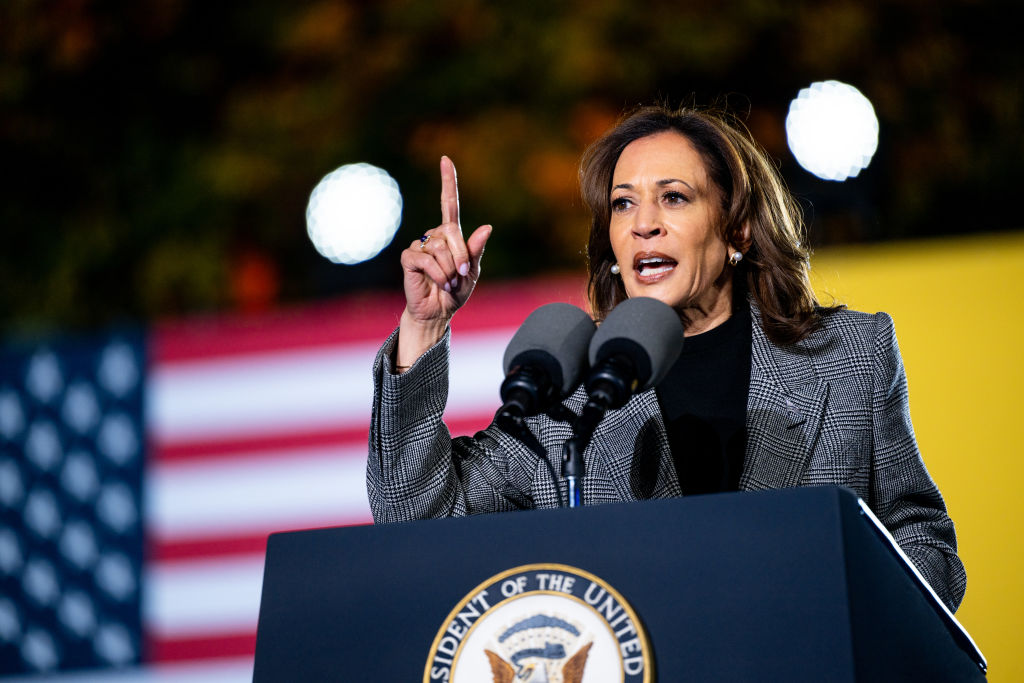









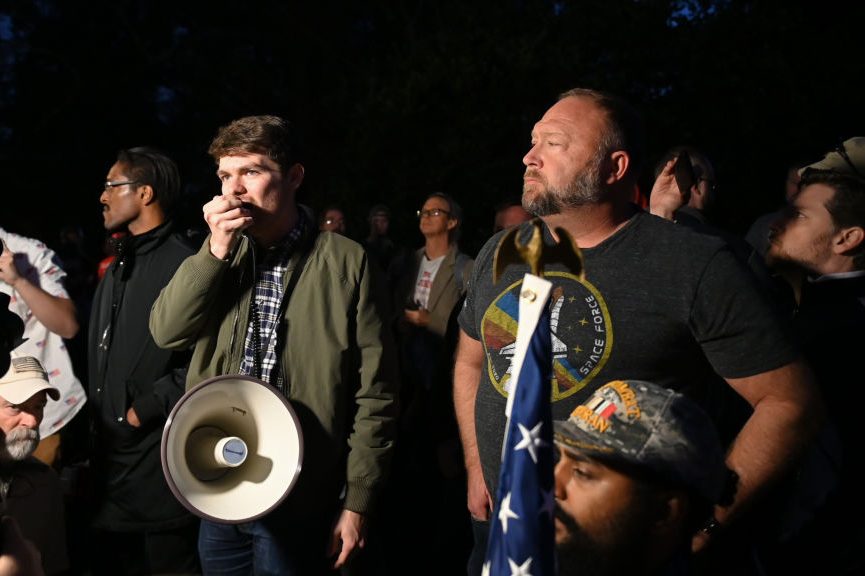
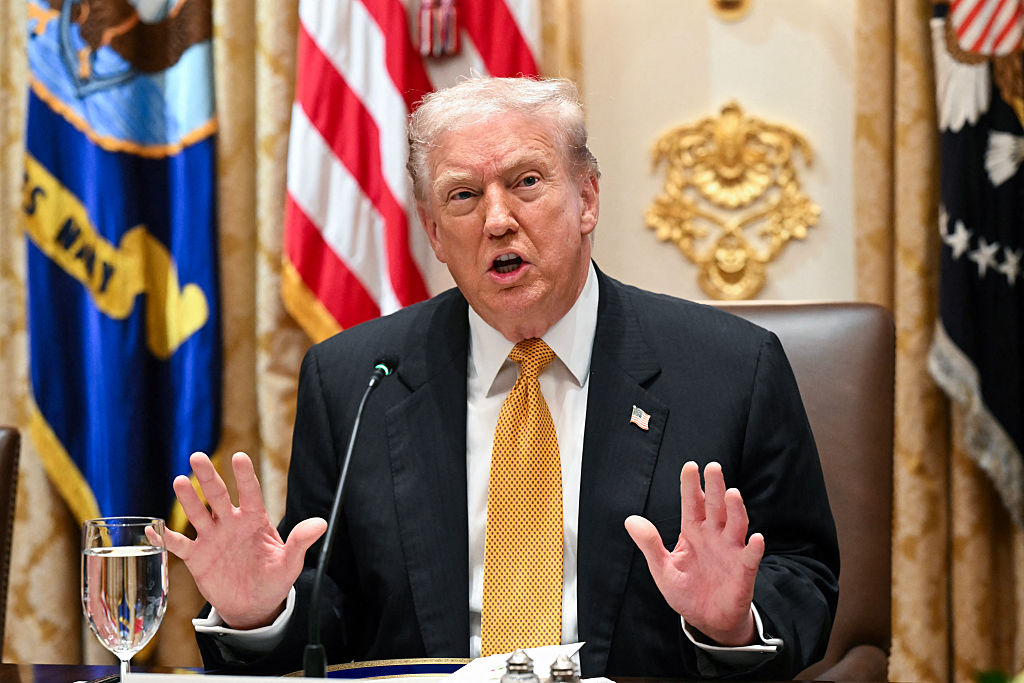
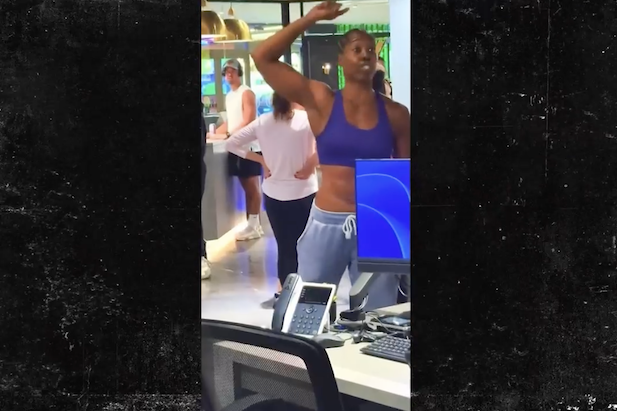
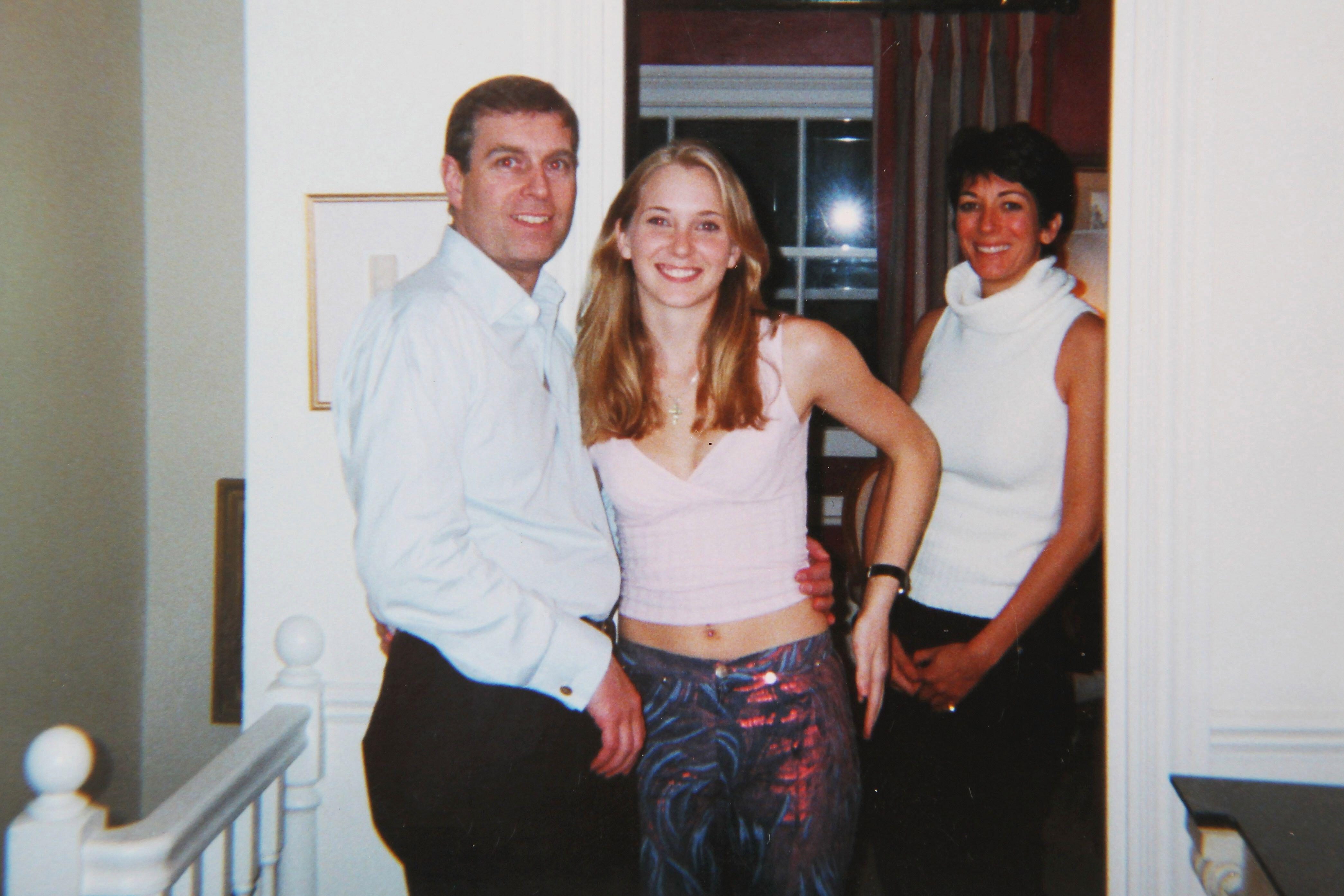
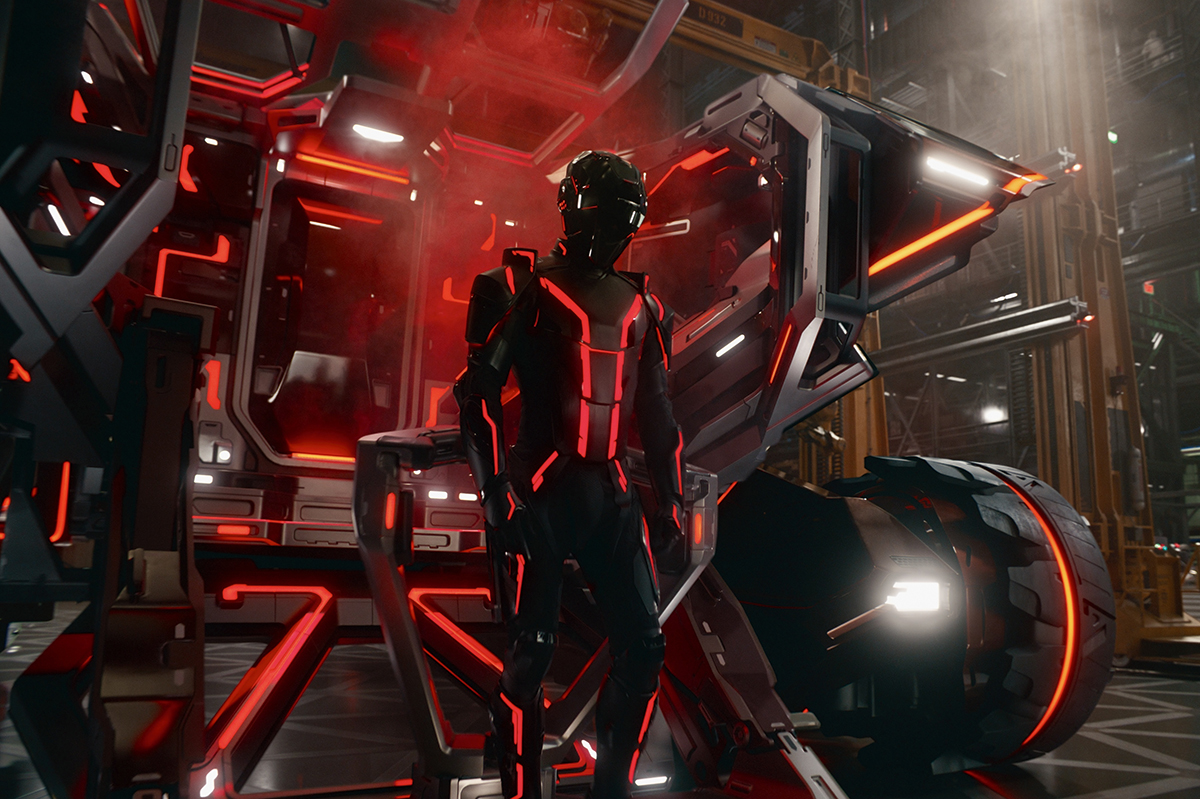
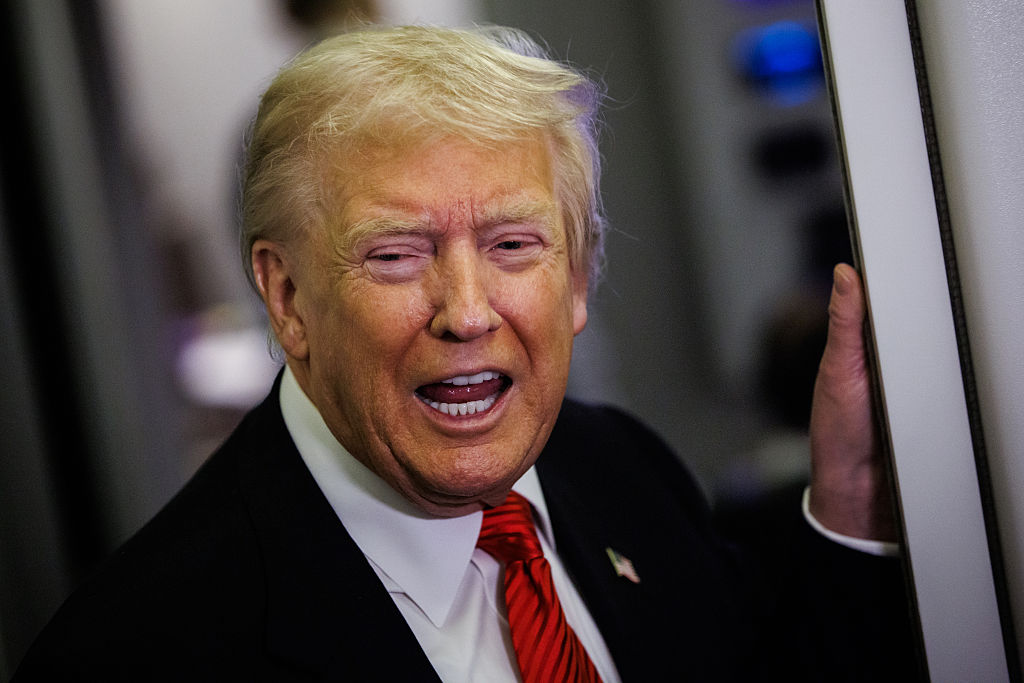







Leave a Reply